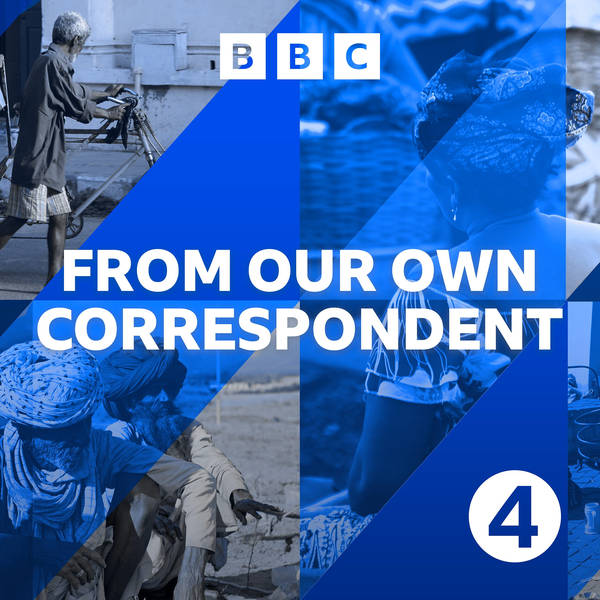
The Kremlin and its opponents
This week, as the leading opposition figure in Russia, Alexei Navalny, lies comatose in Berlin’s Charité hospital, Sarah Rainsford in Moscow considers the Kremlin’s peculiar hate and fear of its critics and the methods it is widely thought to have employed in dealing with them.
Gabriel Gatehouse in Beirut observes the sharp generational divide that characterises post-civil war Lebanon – and wonders what it might portend for the country's future.
North America Correspondent, Jane O’Brien, checks in to the “virtual” Republican party convention centred on the White House and detects a new confidence and a different style in the Trump – and Republican – campaigns for November’s US elections. What explains the shift?
Sebastien Ash in the Swabian town of Heidenheim, southern Germany, reveals the significance of a face-off of statues linked to the so-called “Desert Fox” – Erwin Rommel, the well-known general of the Nazi era, noted for his role in World War Two’s North Africa campaign.
And Christine Finn takes the plunge on the Paris-plages – and discovers that the fellow-bathers at the pools at and near the river Seine whom she encounters give a contemporary twist to the national motto of liberty, equality and fraternity – although not perhaps in quite the way we might expect.
